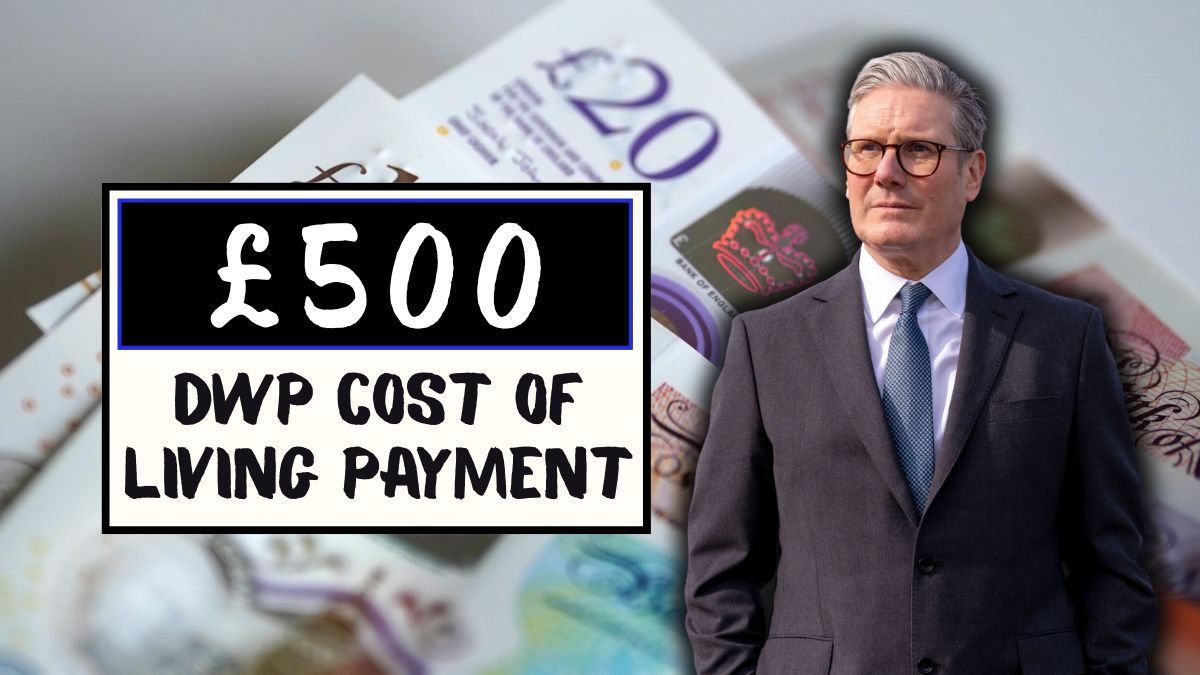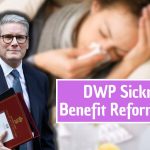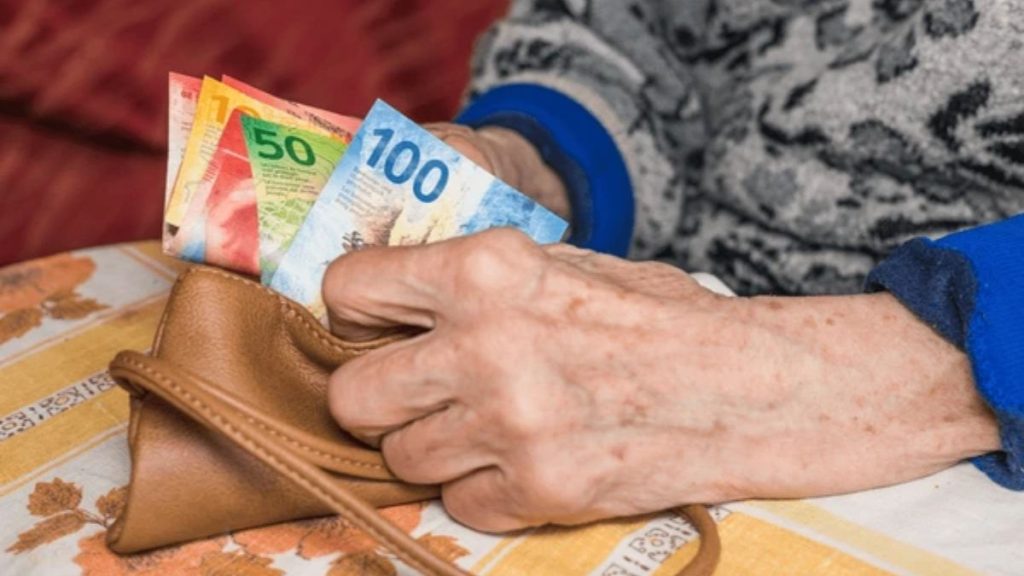The UK Government has confirmed a £812 cost of living boost for eligible residents, set to arrive from 26 September 2025. With inflation, high food prices, and rising housing costs still straining budgets, this payment is designed to give households a much-needed financial cushion.
Unlike loans or advances, the £812 boost is a direct cash transfer into bank accounts, ensuring families, pensioners, and vulnerable groups receive immediate support. Here’s a detailed breakdown of who qualifies, how the payment works, and how you can prepare.
Why the £812 Payment Matters

Many households across the UK continue to feel the impact of years of rising energy bills, expensive groceries, and higher mortgage or rent payments. Even small increases in council tax or loan repayments can put families under pressure.
The £812 lump sum will:
- Help cover essential bills like gas, electricity, and rent.
- Reduce the risk of falling into arrears.
- Provide flexibility to deal with urgent expenses, whether food, debt payments, or school costs.
It also highlights the government’s recognition of the ongoing struggles faced by pensioners, disabled people, and low-income working families.
Eligibility Criteria for the £812 Boost
The Department for Work and Pensions (DWP) has confirmed that eligibility will be tied to income and benefit status. Typically, similar schemes have covered those receiving:
- Universal Credit
- Pension Credit
- Income Support
- Jobseeker’s Allowance (income-based)
- Employment and Support Allowance (income-related)
- Working or Child Tax Credits
Additionally, those on disability benefits such as Personal Independence Payment (PIP) or Attendance Allowance may also qualify, either automatically or through a linked scheme.
How Pensioners Will Benefit
Pensioners are among the groups most affected by inflation, especially those relying on the State Pension alone.
- Pensioners on Pension Credit are often prioritised.
- Pension Credit acts as a gateway benefit—claiming it before the September 2025 deadline could unlock access to the £812 payment.
- Those on Housing Benefit or Attendance Allowance may also qualify.
If you are a pensioner, check your Pension Credit entitlement now to avoid missing out.
Application Process for the £812 Payment
Most people will not need to apply. Payments are made automatically by DWP or HMRC into the same account where your benefits are usually deposited.
To avoid delays:
- Ensure your bank details are correct with DWP or HMRC.
- Double-check your National Insurance number is accurate.
- Report any changes in circumstances (such as moving house or changing bank accounts).
If you believe you qualify but haven’t received the payment within a reasonable time after 26 September, contact the DWP helpline or check your online benefits account.
Payment Date and Method
- The official start date is 26 September 2025.
- Payments will be staggered to manage high transaction volumes.
- Most recipients will see the payment by early October 2025.
- Look for “DWP C.O.L. Boost” or similar wording on your bank statement.
Impact on Tax and Benefits
One major reassurance is that the £812 boost is:
- Tax-free
- Not counted as income for most means-tested benefits
- Will not reduce Universal Credit, Pension Credit, or Housing Benefit awards
Still, it is wise to keep all letters or official records of the payment in case proof is required later.
How Households Can Use the Payment
The lump-sum payment offers flexibility:
- Cover winter energy bills before heating costs rise.
- Pay off credit card or overdraft debt to reduce interest charges.
- Buy school uniforms or appliances ahead of the new school year.
- Build a small emergency savings buffer for unexpected expenses.
The ability to choose how to spend it makes the boost more effective than vouchers or targeted subsidies.
Steps to Take Before September 2025
To make sure you don’t miss out:
- Check benefit entitlement – Apply for Pension Credit or other qualifying benefits now.
- Update your details – Make sure bank account and contact information are correct with DWP.
- Sign up for alerts – Use your DWP or HMRC online account for text/email notifications.
- Monitor announcements – Watch for updates on amounts, rules, or deadlines.
How This Payment Fits with Other Support
The £812 boost is part of a wider support strategy, alongside:
- Energy bill rebates
- Council tax reductions
- Winter fuel payments for pensioners
- Disability cost of living supplements
If you qualify, you may receive multiple forms of support at the same time, further strengthening your financial position.
Avoiding Scams
Fraudsters often target cost of living payments. Remember:
- You do not need to apply or pay a fee.
- The DWP will use the bank details it already holds.
- Never click on links from suspicious texts or emails.
- Always check updates on the official GOV.UK website.
Looking Beyond September 2025
Currently, the £812 is a one-off payment. Whether future rounds are announced will depend on government budgets and inflation trends.
To maximise its value:
- Use it to pay down debt.
- Invest in energy efficiency (like insulation or efficient appliances).
- Save part of it for unexpected emergencies.
Planning carefully will stretch the benefit far beyond September.
Key Takeaways
- £812 boost begins 26 September 2025 for eligible UK households.
- Automatic payments for those on qualifying benefits.
- Pensioners on Pension Credit are strongly advised to check eligibility.
- Tax-free and will not affect other benefits.
- Preparation now—updating details and checking benefits—ensures you don’t miss out.
FAQs – £812 Cost of Living Boost
1. Do I need to apply for the £812 cost of living payment?
No. Payments are automatic if you receive a qualifying benefit.
2. When will the payment arrive?
Payments start on 26 September 2025 and continue into early October.
3. Will it affect my Universal Credit or Pension Credit?
No, the payment is tax-free and disregarded for means-tested benefits.
4. What if I start receiving benefits after the cut-off date?
You may not get the September 2025 payment but could qualify for future rounds if announced.
5. How can I protect myself from scams?
Never share bank details via text or email. The DWP will use the details it already holds. Check updates only on GOV.UK.














